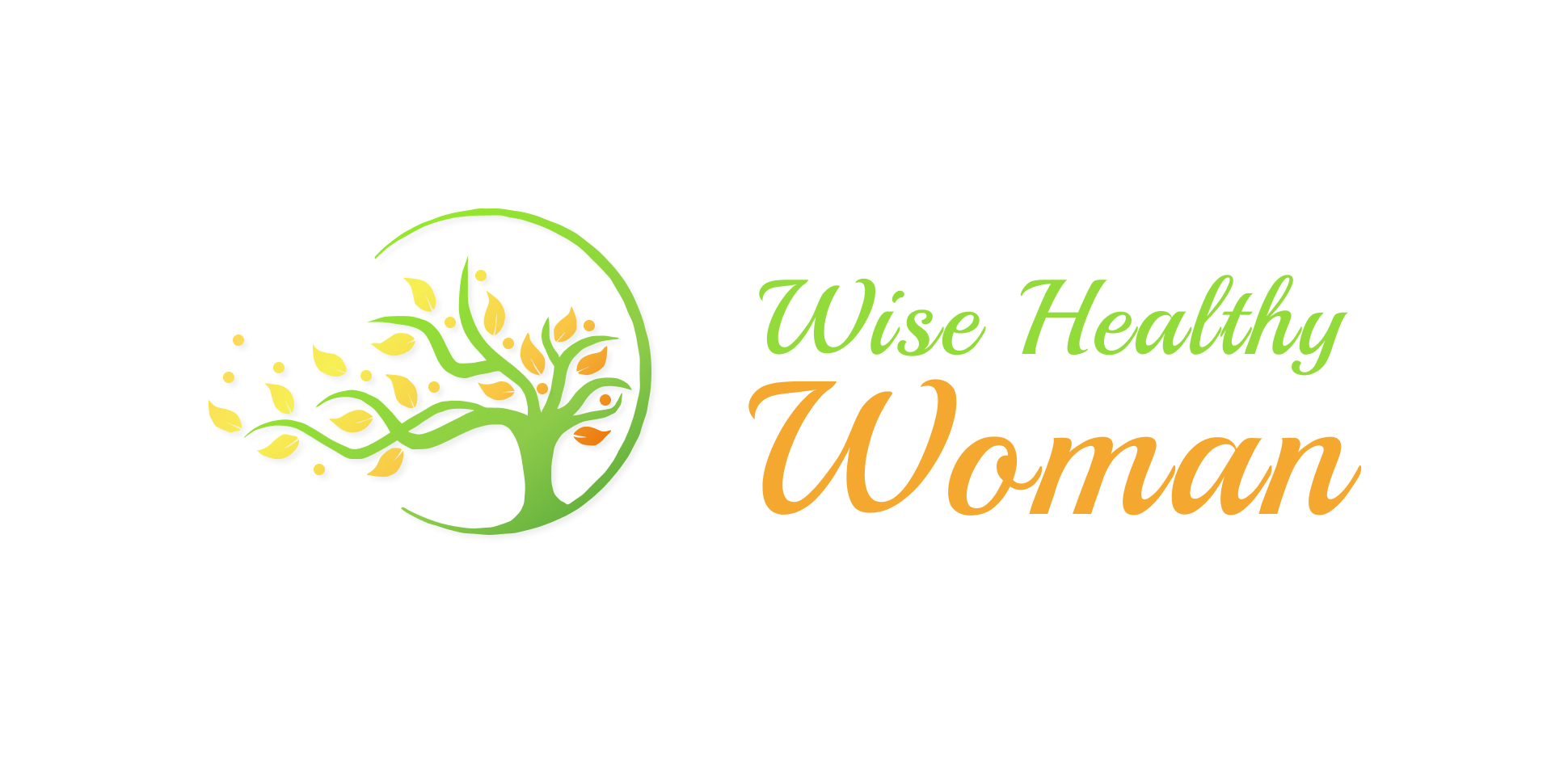At the intersection of health policy, public health, and political decision-making, the challenge of keeping politics separate from science has never been more pertinent. This challenge is especially pronounced in the context of the ongoing COVID-19 pandemic, where clear, evidence-based decision-making can mean the difference between life and death for many individuals. The integrity of scientific information is crucial in guiding effective public health responses, yet political interests often threaten to overshadow scientific evidence.
Historically, the issue of politics interfering with science has been a systemic problem, with various administrations using scientific findings to serve their political agendas. The Trump administration’s approach to public health issues exemplified this challenge, as political factors frequently influenced health policies and decision-making processes. This interference not only weakened the credibility of scientific advice but also had tangible consequences on public health outcomes.
One of the major obstacles facing Trump’s chosen health leaders was the pressure to align their messaging with the administration’s political narrative, even when it contradicted scientific evidence. This conflict was evident in the inconsistent communication surrounding topics such as mask-wearing, social distancing, and the efficacy of certain treatments. Health leaders were often in the unenviable position of balancing political loyalty with their duty to prioritize public health and safety.
Furthermore, the politicization of certain public health measures, such as the promotion of unproven treatments or the downplaying of the severity of the pandemic, created confusion among the public and eroded trust in health authorities. The blurring of lines between politics and science not only hindered effective response efforts but also sowed seeds of doubt and misinformation that continue to undermine public health initiatives.
Moving forward, it is imperative for health leaders to uphold the principles of scientific integrity and independence in their decision-making processes. By prioritizing evidence-based practices over political expediency, health authorities can rebuild public trust and ensure that public health responses are guided by the best available science. Transparent communication, accountability, and a commitment to upholding the integrity of scientific research are essential components of maintaining the separation between politics and science in health policy.
Ultimately, the challenge of keeping politics separate from science in public health decision-making requires a concerted effort from all stakeholders involved. Health leaders must remain steadfast in their commitment to evidence-based practices, while policymakers must prioritize the public good over political gain. By fostering a culture that values scientific integrity and independent expertise, we can navigate challenges such as the COVID-19 pandemic with clarity, effectiveness, and compassion for those most affected by public health crises.
